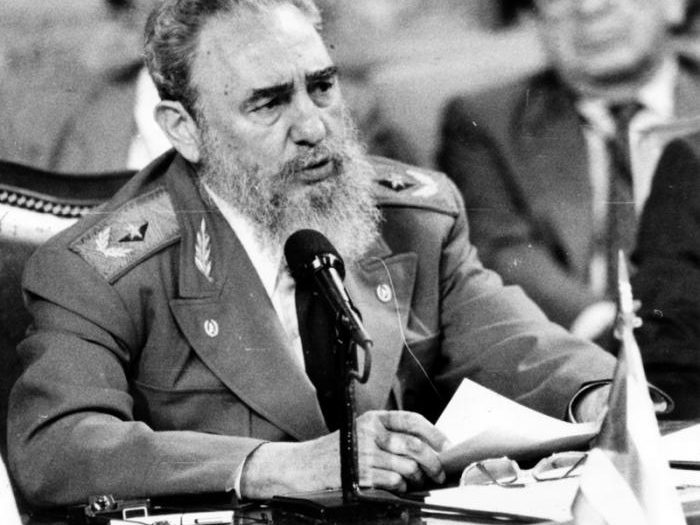Of the latter, we will remember the macabre plan of the CIA and the most radical sectors of the counterrevolution based in Miami, with the complicity of the President of the host country, who facilitated the presence of the Cuban-born terrorist, Luis Posada Carriles, the mastermind of an assassination attempt on the Commander in Chief, while he was speaking to students and the people in the auditorium of the Panamanian University; an action denounced and aborted by the Cuban Intelligence services. These summits, as Fidel himself explained, contributed to the project of a freer and more independent region and, at the same time, more united in defense of its peoples and resources.
In Guadalajara, the Commander-in-Chief was the highlight of the event, and the peoples of Latin America and the Caribbean were anticipating his presence there.
From that first moment, the issue of integration has been a fixed point on the agenda and has gained ground in its attainable goal. The United States could not see growing in its proclaimed “backyard” an embryo in which, necessarily, the voices of many leaders such as Fidel, Chávez, Néstor Kirchner, Lula, Correa, Evo, Mujica, and many others who represented the feelings of their peoples and the clamor for a Hispanic America united, strong, solidary and respected by all, would be raised.
Projects for development and the promotion of friendship and solidarity were gaining ground. However, as was to be expected, the United States jumped in like a hare and conceived the creation of the Free Trade Area of the Americas (FTAA), constituted in July 1994, with the main objective of promoting the full dependence of the countries of the region, on boththe U.S. market and on the interests of the U.S. administrations.
The Organization of American States (OAS), a loyal servant of Washington, has always complied with whatever its governments wanted, and has served as an outpost in the promotion of division among Latin American peoples, and has even turned a blind eye to coups d’état, when those who come to power represent the most progressive forces in the region.
At the recently concluded Ibero-American Summit in Santo Domingo, Dominican Republic, Cuba attended with the commitment to contribute to a more just and sustainable Hispanic region and, as it has always done, advocated for integrationist ideas to gain strength and space.
At the various summits, and this one was no exception, the Ibero-American nations have fervently demanded the lifting of the U.S. blockade against Cuba and the end of all coercive measures aimed at suffocating the people of the island. Fidel’s ideas of a united Latin America and the Caribbean, so that friendship and solidarity among peoples may finally be the bastion to consolidate national projects, were present at this meeting, although much remains to be done for what has been an idea and purpose to materialize in deeds.
 Escambray ENGLISH EDITION
Escambray ENGLISH EDITION





Escambray reserves the right to publish comments.